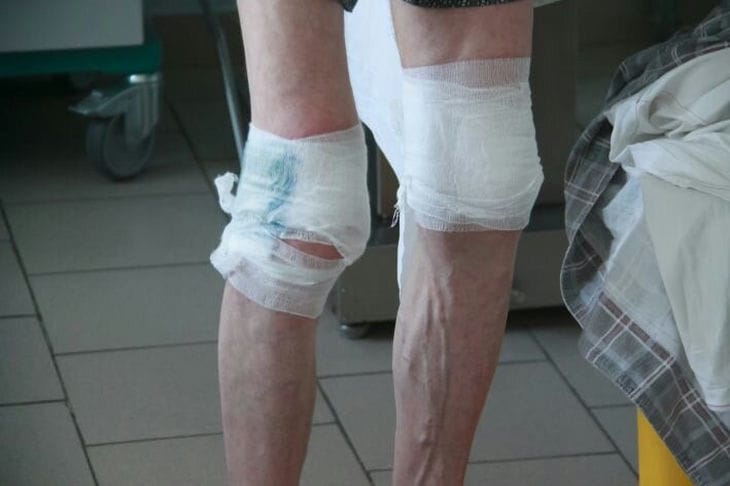Is it true that varicose veins only occur in the elderly: 5 myths about the disease
Dark, bulging veins on the legs, spider veins and spider veins, swelling of the feet in the evening, frequent muscle cramps, heaviness and pain in the legs - all these symptoms indicate varicose veins of the lower extremities, or simply varicose veins.
Since this disease is quite common, we invite you to get acquainted with and debunk the most famous myths about varicose veins.
Varicose veins are only an aesthetic problem
Pronounced veins on the legs do not look very attractive, but, alas, it is not limited to aesthetics. The danger of varicose veins lies in their complications - in an advanced form, it threatens thrombosis, thrombophlebitis, trophic ulcers, etc. This means that at the slightest suspicion, it is worth visiting a phlebologist.
Varicose veins can only occur in older people
Due to the fact that varicose veins are caused by a sedentary lifestyle, excess weight, uncomfortable shoes or shoes with heels, this problem occurs not only in older people, but also in young people.
Varicose veins only occur in women
In women, the pathology is indeed detected more often, but only because men seek medical help (in the majority of cases) only when the disease is already advanced and complications are observed.

Varicose veins appear sooner or later in everyone
The best prevention of varicose veins is moderate daily physical activity. To keep your leg muscles toned and thereby reduce blood stagnation and the risk of varicose veins, swim, ride a bike, climb stairs, etc.
Varicose veins are treated with ointments and tablets
Ointments and creams, as well as tablets, relieve symptoms but do not affect the cause. Alas, even compression hosiery and special exercises only slow down the progression of the disease.
Previously we talked about how to improve the condition of your skin .
